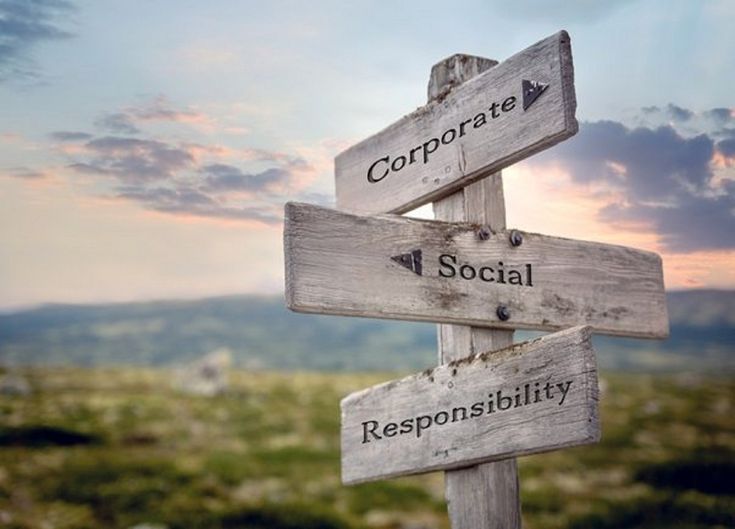Did you know that 88% of global companies now view sustainability as a value-creation opportunity rather than a cost centre? The numbers tell a powerful story, one that reveals how business leaders are rethinking what it means to be responsible.
For a long time, Corporate Social Responsibility (CSR) was synonymous with good deeds: visiting children’s homes, sponsoring school events, or donating to communities in need. These acts of generosity still hold value, but they represent only a fraction of what responsibility means in the modern business landscape.
CSR has evolved. It’s no longer about giving; it’s about how we live as brands.
Today’s society is asking new questions of organizations. Communities, consumers, and investors no longer judge companies solely by their products or profits but by their principles. They want to know: How do you treat your employees? How ethical are your supply chains? How do your operations affect the environment? How transparent are your practices and communications?
This shift marks the intersection between CSR, Environmental, Social, and Governance (ESG) principles, and the Sustainable Development Goals (SDGs). Responsibility is no longer a stand-alone initiative; it’s part of a company’s ecosystem.
CSR today is not a moment of goodwill; it’s a mindset of consciousness. It’s how organizations weave sustainability and ethics into their culture, operations, and leadership decisions.
Modern organizations are discovering that purpose and profit are not opposing forces; they are partners in progress. Brands that commit to genuine CSR are building deeper trust, stronger partnerships, and resilient reputations.
True CSR goes beyond short-term projects. It integrates long-term impact into the business model. From reducing carbon footprints and empowering communities to promoting diversity and transparency, companies are redefining what success looks like.
At its core, CSR creates shared value, the kind that uplifts both business and society. It’s no surprise that purpose-driven brands consistently outperform competitors in customer loyalty and investor confidence.
CSR is no longer a departmental function delegated to a team; it’s a leadership philosophy. Responsible leaders recognize that sustainability cannot be achieved through press releases or photo moments. It must be lived in how teams are managed, how partnerships are built, and how challenges are addressed.
Read also: GRI and IFRS convergence marks a turning point for sustainability reporting worldwide
Leadership today demands empathy, accountability, and long-term vision. It requires seeing beyond quarterly returns to the greater impact a company leaves behind. Even for individuals, CSR begins with how we show up in our professions using our influence, skills, and networks to advocate fairness, sustainability, and transparency. In essence, responsibility starts with character.
At Impact Africa Consulting Limited, we help organizations move from intent to impact. Our approach goes beyond traditional CSR; we help you design strategies rooted in ESG principles and aligned with the SDGs to achieve measurable results.Through advisory, communication strategy, stakeholder engagement, and sustainability reporting, we partner with organizations that want to lead with purpose and create enduring value.
CSR is no longer an act of charity; it’s a strategic imperative that defines the future of business. The question for leaders today is not whether to act responsibly, but how intentionally they will embed responsibility into every decision they make.
Your organization’s legacy is being written now. Let’s make it a story of impact.
Partner with us at www.impactingafrica.com to design a CSR and ESG strategy that drives purpose, builds trust, and sustains growth.


